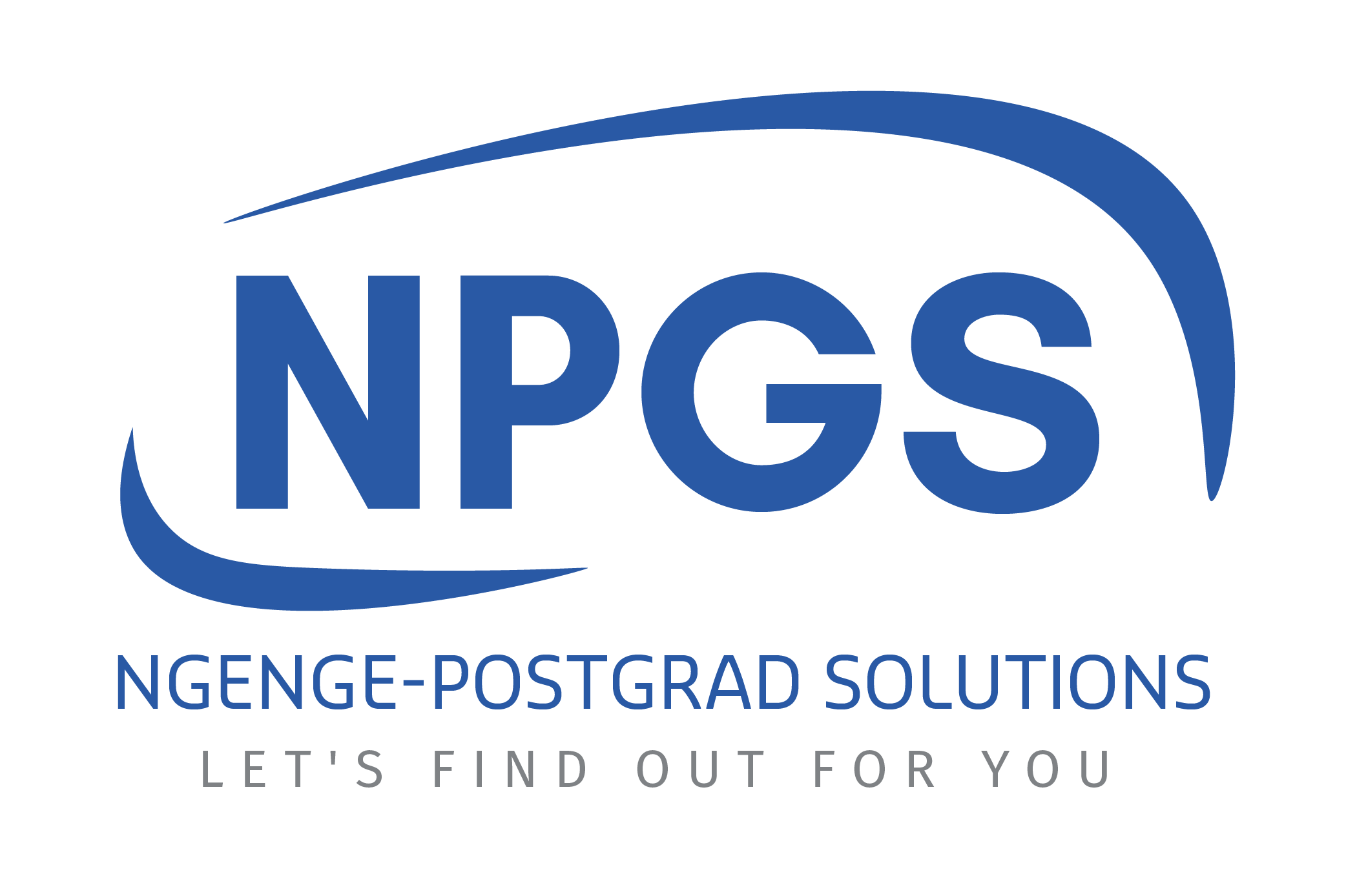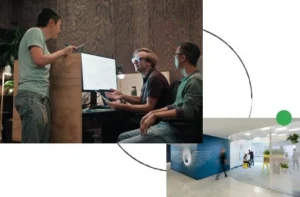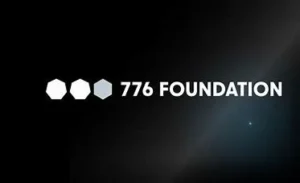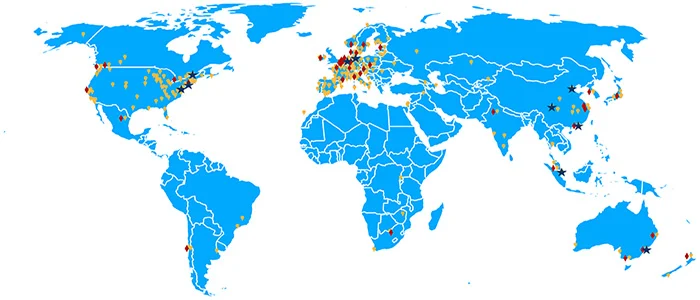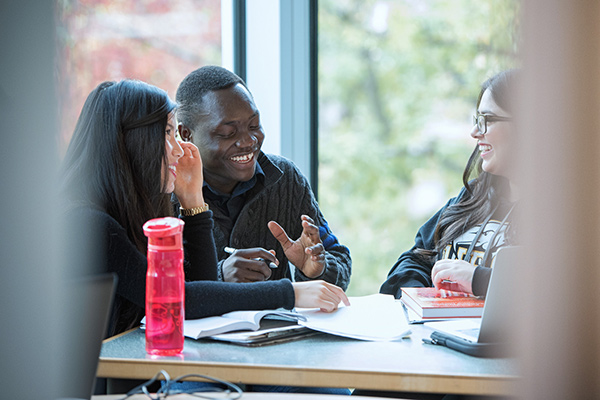NGENGE-POSTGRAD SOLUTIONS IS HERE TO HELP YOU: NPGS has an Application Help Service with a team of highly experienced professionals to help you find a position or prepare a CV or Cover Letter. Our professional experts can also apply for you from A to Z.
Application Deadline: June 26, 2022.
Who we are choosing:
Humanity is at a critical juncture. Wars and conflicts, increased extreme climate events and profit driven economics are lead causes for the continuation of malnutrition and food insecurity affecting one in three humans on earth.
Though access to food is a fundamental human right, some 821 million humans on earth are undernourished – the majority from Asia, a third from Africa. The percentage of the population going hungry has been rising steadily for the past eight years and though we produce enough food to feed the global population, approximately one third of that – 1.3 billion tonnes – is dumped annually before reaching anybody’s plate.
There is broad consensus amongst scientists and farmers, civil society activists, academics and even informed politicians, that an urgent and global transformation of our food production is needed given the huge number of people inadequately nourished, while farming practices are massive contributors to the global climate crisis.
Growing enough food to feed people while taking care of the land and the soil where the food comes from, seems so obvious and easy. It’s not. The environmental cost of producing our food is staggering. The agriculture sector contributes one third of all greenhouse gas emissions– more than all cars, trucks, trains and aeroplanes combined. And while food systems have the potential to nurture human health and support environmental sustainability, they are currently threatening both. Simultaneously, food production is more vulnerable than ever to the climate in crisis and subsequent extreme weather events. The increased projected disruption to food supplies will disproportionately affect those already living in poverty with very little agency.
Today, corporations dominate decision making within our food systems – from what seeds farmers plant to who eats what in kindergarten. As food prices have increased, farmers have seen a decreasing percentage share, making small-scale farming less and less viable. There are strong and worthy movements doing excellent work investigating food and the survival and health of the planet – including substantial investment in regenerative farming practices and soil-to-table movements. But not enough is done to address the systemic injustices in our food system that are responsible for large scale waste while hunger is pervasive across the globe.
Crucial to understanding our food systems is centering the vital importance of who owns land and has agency over land. Vast and entrenched trade agreements between governments and corporations responsible for shipping and flying food all over the world; the increased use of fertilisers; the growing use of genetically modified seeds to increase yield against the backdrop of the destruction of forests and wilderness areas, are all pieces of the puzzle making up our food systems. Our global food systems are connected to every aspect of life.
The fourth Bertha Challenge is calling for activism and investigative journalism projects that will take a sharp and penetrating look at food in all its complexity and interconnectedness.
What we offer:
At Bertha we know that many activists and investigative journalists are already doing groundbreaking work to investigate and amplify their work and to connect with each other. The Bertha Challenge aims to support this work by providing time to work exclusively on a focused project, the spaces in which to connect with a diverse global cohort of Bertha Fellows and partners, and the resources to develop and deliver tangible projects that speak directly to the Challenge question.
Our Fellowships offer:
- Income for each Bertha Fellow for one year, not exceeding USD $64,900 and commensurate with the applicant’s current or equivalent salary at the host organization – ideally a media outlet for an investigative journalist and an NGO, community organization or social movement for an activist
- A Project Fund of up to USD $10,000 for each Bertha Fellow to produce their final projects that respond to the question posed by the Bertha Challenge, and that is directed towards a specific audience. This could be a series of articles, videos, podcasts, games or drama productions, for example. Joint activist and journalist applicants will have the option to pool their project funding to produce projects on a larger scale
- Access to a Connect Fund of up to USD $5000 specifically designed to encourage collaboration between Fellows
- Regular online discussions with topics on a range of issues from current debates around food to methods of investigation, methods of communicating findings through news media, storytelling, popular education and more
- Peer and mentor support in the form of regular virtual check-ins with Bertha staff and a cohort of Bertha Fellows
- Network development through the global cohort of Bertha Fellows and exposure to relevant partners within and beyond the Bertha network, including our legal partners in the Bertha Justice Network
- A global convening of Bertha Fellows at the start of the Bertha Challenge, and invitations to join alumni convenings after the end of the Fellowship year.
The Bertha Challenge will launch in January 2023, with an opening convening scheduled for early in the Fellowship year at one of Bertha’s partnered global retreat spaces, where Bertha Fellows will:
- Meet other Fellows in the Bertha Challenge 2023 cohort, spend dedicated time getting to know one another and get the opportunity to introduce individual work and perspectives
- Find opportunities to refine the design of each Fellow’s project work for the year within a supportive framework
- Discuss and frame possibilities for collaboration across the cohort
- Debate current developments and responses to the global food crisis.
Pairing Activists and Investigative Journalists
Joint applications between activists and investigative journalists will be prioritized. Joint applicants must fill in individual application forms, but make reference to their partner applicant, including where and how their work will overlap and how they will support one another’s projects. Joint applicants have the option to pool each of their USD $10,000 Project Funds to work together on one larger project.
Individual activist and investigative journalist applications will also be considered.
Deliverables
This is a full-time Fellowship. Bertha Fellows will spend their time working in their home countries and be required to:
- Attend an in-person global convening that will take place towards the beginning of the Challenge
- Develop and deliver a project that responds to the Bertha Challenge question
- Participate in two virtual meetings per month, and occasionally facilitate these meetings
- Develop local and global network relationships.
Bertha Challenge Projects
It is important to find creative and scalable ways to expose and build wider awareness and critical thinking. The centerpiece of this Fellowship program is the work Fellows will produce to communicate their Bertha Challenge findings to a specified audience.
This work should first and foremost serve an identified target audience. For activists this might be supporters within their network, for investigative journalists it might be readers of their newspaper. We encourage applicants to be specific about the audience they intend to reach, and how they intend to do so.
We want Fellows to learn from each other’s work. In addition to delivering the final projects to the target audience, all final projects must be presented to the rest of the cohort. Projects presented must be open source and in English. If translation is needed, this cost must be included in Fellow’s project budgets.
If you are invited to interview, you will be asked to deliver a short presentation on your proposed project.
Application Requirements
All applicants must submit:
- A completed online application form
- A brief resume/CV in English of no more than three pages
- A list of 2-4 referees including name, relationship to applicant and contact details
- A signed Memorandum of Understanding (MoU) from your prospective host organization – including commensurate salary and any benefits provided.
- Examples of previous work.
Host Organizations
Fellowship applicants are required to secure a host organization in their home country to receive and administer the Fellowship award and Project Funds. Host organizations must be legally structured to receive grant funding and be able to process payroll. Host organizations must share a commitment to the Bertha Challenge objectives and conditions, and commit to publishing/ broadcasting Fellows’ work optimally throughout the year.
For an investigative journalist, the host organization should be a media outlet with the capacity to distribute/ publish work delivered by the Fellow. For an activist, the host organization should be an NGO, community organization or social movement.
The Bertha Fellow’s salary must not exceed USD $64,900 and must be commensurate with the current or equivalent salary of the applicant at the host organization. This is to avoid creating disparity at the host organization. Bertha Foundation may ask for proof of last income upon a Fellow invited to interview. The host organization will be expected to make arrangements regarding tax, healthcare and other benefits, the cost of which will be allocated from within the Fellowship award. Bertha will make a contribution of 15% of the Fellowship award to the host organization to cover administrative costs. A table is provided within the MoU to assist applicants in calculating the Fellowship award.
Bertha Foundation will not interfere with the editorial autonomy of the host organization during the course of the Bertha Challenge.
Time Commitment
While we understand that applicants will have some existing obligations to the movements and organizations with which they work, this Fellowship will require a full-time commitment. Both the applicant and host organization must commit to this in writing.
Important Considerations
All strategies must be non-violent. Funding may not be used for political lobbying activities. The program does not fund enrollment for degree or non-degree study at academic institutions, including dissertation research. This must be your only fellowship for this period and source of income for the duration of the Fellowship term. Additional paid work has to be cleared with the Bertha team in advance.
Selection Criteria:
Bertha endeavours to select an inclusive and representative cohort of Bertha Fellows that celebrates diversity.
Bertha Fellows will be selected on individual merit but also on their complementary skills to the cohort, their existing and/or proposed networks and prospects for long-term impact of their work.
Applicants may come from and work in any country, but to ensure that this cohort of Bertha Fellows is able to be fully participatory, we require all applicants to be proficient in spoken and written English and able to deliver their final work in English.
